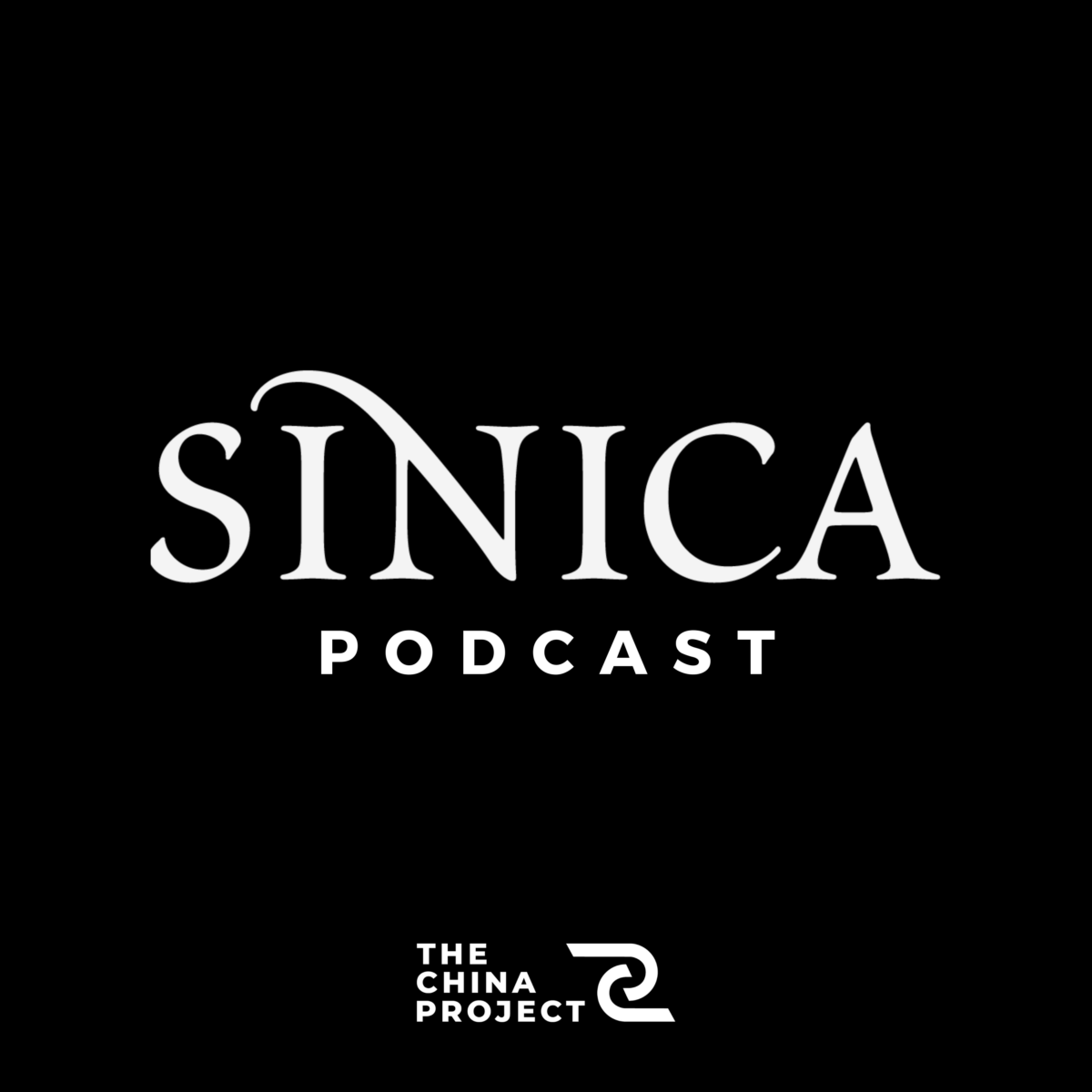Pulitzer Prize–winning author and journalist Ian Johnson returns to the Sinica Podcast to introduce his new book, The Souls of China: The Return of Religion After Mao. It tells the stories of different religious groups and the relationship of their beliefs and practices with consumer society and a government that is officially atheist.
Jeremy, Kaiser, and Ian discuss the variety of rituals and religions practiced within Chinese society, the tension between Chinese religious communities and notions of liberalism and democracy, and the changing attitudes toward religion under Xi Jinping’s leadership.
Ian has written about China and religion for decades and has been published in the Wall Street Journal, the New York Times, the New York Review of Books, and other publications. His last appearance on the Sinica Podcast was in the episode “Ian Johnson on the Vatican and China.”
Recommendations:
Jeremy: Tabitha Speelman’s biweekly newsletter, Changpian, features a selection of Chinese creative nonfiction. These pieces reflect the recent popularity of long-form journalism in China. Also check out her article on The China Project, “Telling true stories is a booming business in China.”
Kaiser: Homo Deus: A Brief History of Tomorrow, by Yuval Noah Harari, explores how technology poses new challenges to humankind, specifically how technological advancement could undermine the fundamental assumptions of liberal humanism.
Ian: Bad Religion: How We Became a Nation of Heretics, by Ross Douthat, explores how the mainline religious communities in the United States have fallen and how alternative religious groups, prosperity preachers, and politics acting as religion have filled the void. Additionally, check out Ian’s short video of a jinganggong (金刚功) demonstration. Jinganggong is a physical cultivation technique — similar to tai chi — and is growing in popularity in China.








